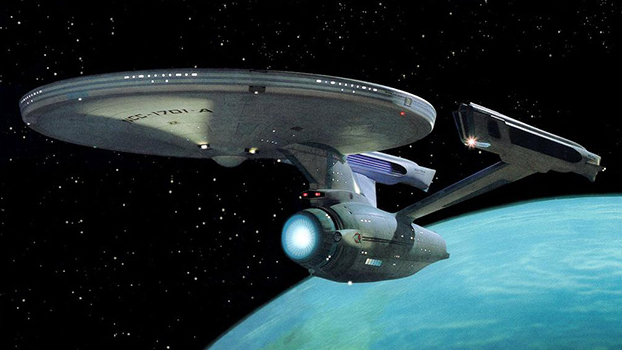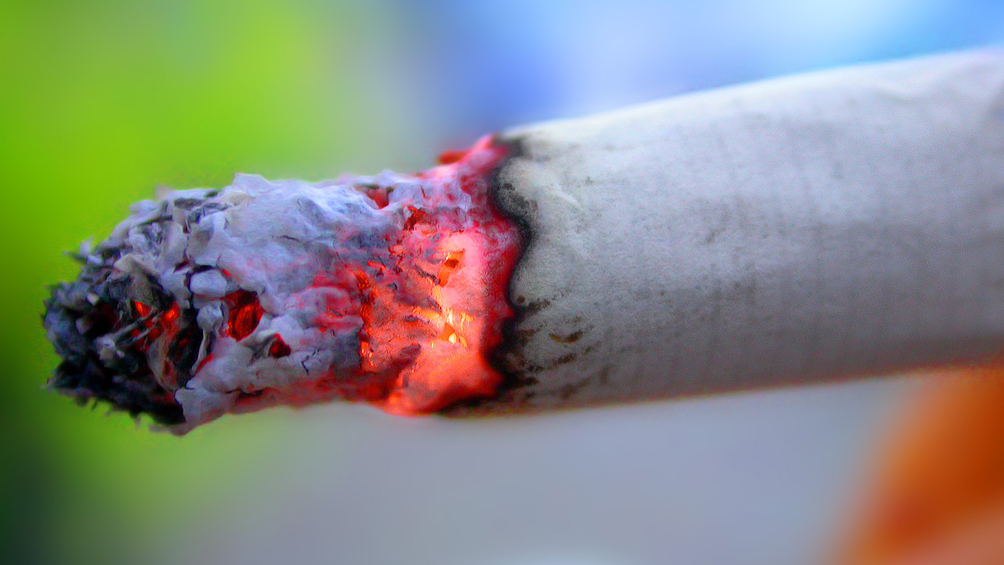Surprising Science
All Stories
For people with spinal injuries or other conditions that impair use of the arms or vocal cords—or for the curious who just think it’s cool—a new technology types your thoughts for you.
The 2010 Turing Award, announced on Wednesday, went to Leslie G. Valiant, a Harvard professor whose work laid the theoretical foundations for machine learning.
The U.S. Senate has passed new legislation to prioritize patents for technologies of importance to America’s economy, including cutting-edge green technologies.
Decentralization by way of cloud computing and the rise of green information technology are future trends to look for, says Kamal Sharma, C.I.O. of Mindlance, an I.T. infrastructure provider.
Brett Arends tells how he transformed his Barnes & Noble Nook e-reader into a functioning tablet device with an Android OS using free and legal software from the Internet.
Researchers have developed a device inspired by Velcro that “grabs” tumor cells circulating in a cancer victim’s blood stream. The device uses nano-scale technology to filter blood.
This year’s T.E.D. ideas summit produced some ideas worth repeating: Being wrong is as essential to life as being right, the rise of the “filter bubble,” and others…
Square, founded by the creator of Twitter, lets people accept credit cards with their smart phones. That innovation could transform transactions in surprising ways.
A manufacturing revolution brought about by new 3D printing technologies could restore the United States as hub for manufacturing jobs—sooner rather than later.
Though bold predictions have been made in the past about ending cancer, we are still years away from a cure for cancer, if such a thing even exists. But advancements in prevention and detection are revolutionizing the way cancer is treated.
Air pollution is shortening life expectancy in Europe, causing asthma among children and chronic bronchitis and heart disease among over-65s. It is also costing a fortune.
Greek researchers offered fresh evidence of the health benefits of the Mediterranean diet, reporting that it helps improve risk factors linked to diabetes, obesity and heart disease.
Many farmers in developing nations can double food production within a decade by shifting to ecological agriculture from use of chemical fertilizers and pesticides, a U.N. report says.
A showdown over the course of Solar System exploration has ended with a qualified victory for Mars. NASA firmly favours a mission to Mars over a rival one to Jupiter’s icy moon Europa.
The Internet, the European Union, and the Olympics are all signs that, within the next 100 years, mankind will forge a truly planetary civilization.
Wondering how Apple might fare without Steve Jobs? Kevin Kelleher says to look at another hugely successful American company that decades ago lost its iconic CEO — Walt Disney Co.
Planetary geologists appear to have found water on Mars near the equator, where the red planet is milder and more hospitable. This may be key to us being able to go there.
Web visitor tracking and ad tailoring is about to undergo a big shake-up. From 25 May, European law will require explicit consent for users to be tracked via cookies.
British engineers have warned that the UK may be dangerously over-reliant on satellite-navigation signals, with little or no back-up and risk of cascade failures.
Scientists are slowly unraveling the marvels and potential of silk, which is a liquid inside the organism so exquisitely producing it yet becomes a solid upon leaving it.
Seemingly every year there are new reports that something we consume or use on a daily basis is carcinogenic. But what exactly does that mean on a biological level?
In the brains of people blind from birth, structures used in sight are still put to work—but for a different purpose. Rather than processing visual information, they appear to handle language.
Why do the simplest consumer choices, such as choosing a variety of toothpaste, cause us such a dilemma? A cluttered store shelf tricks us into thinking we are making an important decision.
Current laws do not require the systematic screening of chemicals for their ability to cause brain damage, says a concerned mother who finds her child awash in a chemical world.
Neuroengineer and speaker at the TED2011 conference, Ed Boyden wants to use modern technology to understand the brain, treat neural conditions and uncover the basis of human existence.
Lonely people, it seems, are at greater risk than the gregarious of developing illnesses associated with chronic inflammation, such as heart disease and certain cancers.
What do many diseases have in common? The body’s voltage, which is another way of looking at low alkalinity or high acidity, is at the basis of many types of disorder in the human body.
In the first redesign of its physical fitness test in 30 years, the Army incorporates elements of yoga and the benefits of rest. Some vets ask if the Army is babying new recruits.
A group of neuroscientsts say they have isolated a single enzyme in the brain that can help long-term memories remain crisp in your mind. The isolated enzyme is called PKMzeta.
Brain cells that play a critical role in Alzheimer’s disease have been created in the laboratory by scientists, allowing a limitless supply of neurons on which to test new drugs.



